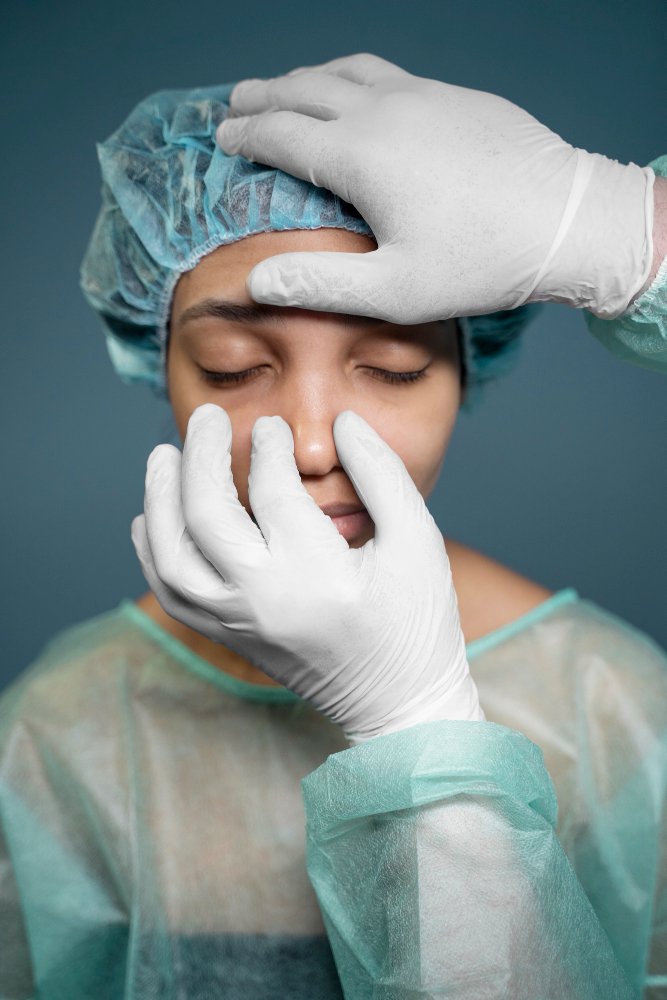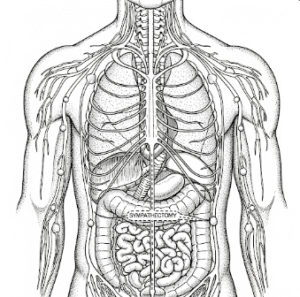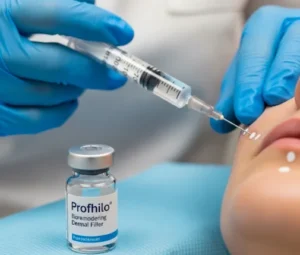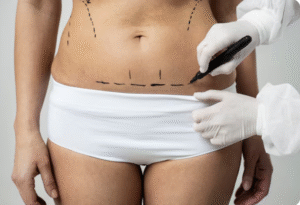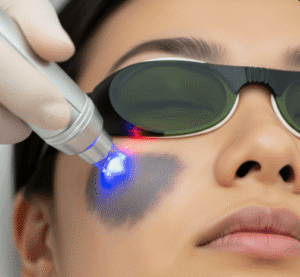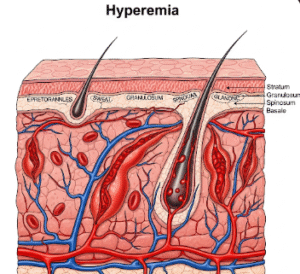What It Is
A “small nose” refers to a nose that appears short, low, or under-projected, often creating an imbalance with other facial features. This may be due to genetics, trauma, previous surgery, or underdeveloped cartilage and bone. In Korea, small nose correction is usually achieved with augmentation rhinoplasty, which enhances nasal height, length, and projection using implants and/or cartilage grafts.
This surgery is performed by rhinoplasty specialists in Korea who are known for creating natural results that match each patient’s facial harmony rather than an exaggerated look.
Why It’s Done
Patients seek small nose correction to:
- Increase nasal height and bridge projection
- Lengthen a nose that appears too short
- Improve the nasal tip definition and projection
- Achieve better balance with other facial features (eyes, jawline, and cheeks)
- Correct deformities from trauma or previous surgery (revision rhinoplasty)
Alternatives
Non-surgical or temporary options include:
- Dermal fillers (liquid rhinoplasty): Add height or volume to the bridge or tip, lasting 6–12 months
- Fat grafting: Adds natural volume but may partially absorb over time
- Makeup contouring: Provides a visual enhancement but no structural correction
For long-term results, surgical rhinoplasty remains the most effective solution.
Preparation
Preparation before small nose surgery in Korea includes:
- Consultation: 3D imaging and facial analysis to determine the ideal shape
- Material selection: Silicone, Gore-Tex, Medpor, or the patient’s own cartilage (septal, ear, rib)
- Medical evaluation: Blood tests and anesthesia clearance
- Lifestyle changes: Avoiding smoking and alcohol for 2–4 weeks before surgery
- Medication review: Pausing blood thinners and supplements that increase bleeding risk
How It’s Done
Small nose correction is performed under general anesthesia and typically takes 2–4 hours.
- An incision is made inside the nostrils or across the columella (open rhinoplasty)
- The nasal bridge is augmented with an implant or cartilage graft to increase height
- The nasal tip is refined and lengthened using cartilage support (from septum, ear, or rib)
- Sutures are placed to stabilize the new shape
- If necessary, additional adjustments are made for symmetry and proportion
Recovery
Recovery is similar to other rhinoplasty procedures:
- First week: Swelling, bruising, and nasal congestion are common; a splint is worn for protection
- Stitch and splint removal: Usually after 5–7 days
- Return to activities: Light activities within 1–2 weeks
- Final results: Gradual improvement over several months, with full refinement visible in 6–12 months
Possible Complications
While generally safe, risks may include:
- Infection or bleeding
- Implant shifting or extrusion (rare with experienced surgeons)
- Asymmetry or irregular contour
- Prolonged swelling
- Rare need for revision surgery
Treatment Options in Korea
Diagnosis
- Detailed nasal and facial proportion analysis
- 3D simulations to preview expected outcomes
Medical Treatments
- Pain medication and antibiotics after surgery
- Nasal sprays and ointments for comfort during healing
Surgical or Advanced Therapies
- Bridge augmentation: Using implant or cartilage for nasal height
- Tip plasty with grafting: To refine and project the tip
- Full augmentation rhinoplasty: Enhancing both bridge and tip for overall harmony
- Revision rhinoplasty: Correcting previous unsatisfactory surgeries
Rehabilitation and Support
- Scar management (minimal, as incisions are usually hidden)
- Long-term follow-up for functional and cosmetic results
- International patient support with interpreters, hospital coordination, and telemedicine aftercare

